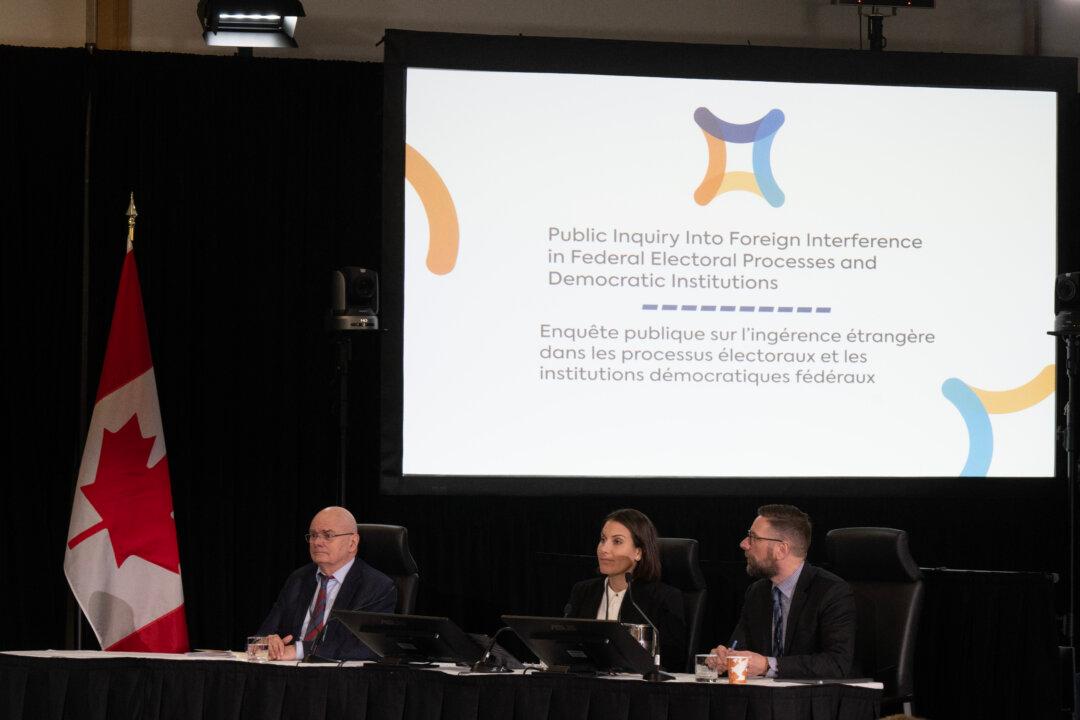Law professors have provided the Public Inquiry into Foreign Interference some advice on how to tackle the dilemma of safeguarding sensitive information while maintaining democratic transparency, with one of them saying state secrets exist to protect lives.
There are “very good reasons why governments maintain secrecy and confidentiality in a number of cases, including to protect lives, or contrary to what some may think, even to protect the rule of law,” University of Calgary law professor Michael Nesbitt told the commission on Jan. 30.





